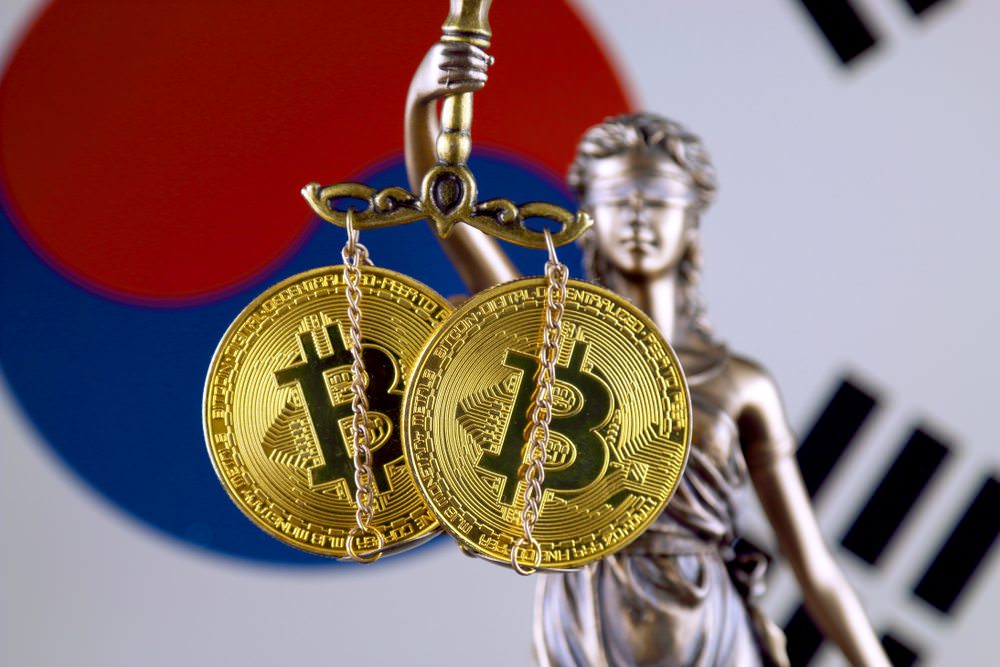
South Korean cryptocurrency exchanges aim to self-regulate this industry. That decision has been known for a while now, yet the official rules were unveiled last night. This approach will help provide a more legitimate image for the different cryptocurrencies gaining traction in the region. Additionally, it will also foster a vibrant blockchain ecosystem.
South Korea and Self-Regulation
Several weeks ago, it became apparent South Korean exchanges wanted more regulation. Rather than leaving the matter in the hands of the government, an industry-wide standard is created by these companies. The main purpose is to boost transparency and counter money laundering attempts. Over the years, the illegal actions associated with blockchain and cryptocurrency have been rather numerous.
Self-regulation is rather uncommon in the world of cryptocurrency. In most cases, government officials and regulators determine the rules of play. During yesterday’s press conference, 14 domestic trading platforms outlined their own set of rules. This group of platforms includes the likes of Bithumb, Upbit, OKCoin, among others. They are all part of the Korea Blockchain Association.
For now, the association will determine if these exchanges meet the new rules. Besides the 14 members, a total of nine other companies are also looking to adhere to these new guidelines. Since none of the rules are legally binding, it remains to be determined how all of this pans out exactly. Under the new guidelines, exchanges should not see much of a change compared to how they handle things as of right now
The Changes for Exchanges to Adhere to
Regulation can come in many different ways, but it is evident South Korea plans to do things the traditional way. Exchanges need to separate the management of customer’s coins and their own holdings accordingly. Additionally, reporting of abnormal transactions is of the utmost importance. Similar guidelines exist in the financial sector as of right now.
Further rules include enhanced client protection, holding a minimum equity of 2 million Won, and publishing regular audit and finance reports. None of these guidelines are unrealistic to achieve. They will have a positive impact on the industry as a whole, as they bring a lot more legitimacy to the table.
The first order of business is closing any potential loopholes for companies to exploit. While these rules aren’t perfect, they are a positive first step in the right direction. Self-inspection reports will need to be submitted by all members on a regular basis. Bringing more transparency to this particular industry can only be considered to be a good thing overall.
Image from Shutterstock
